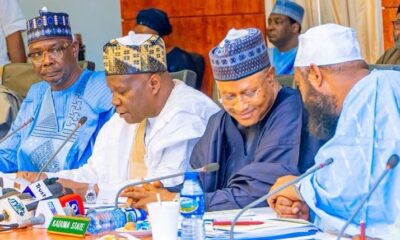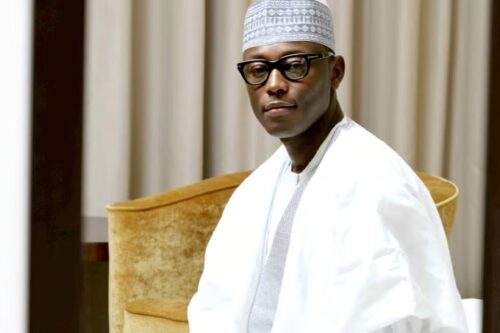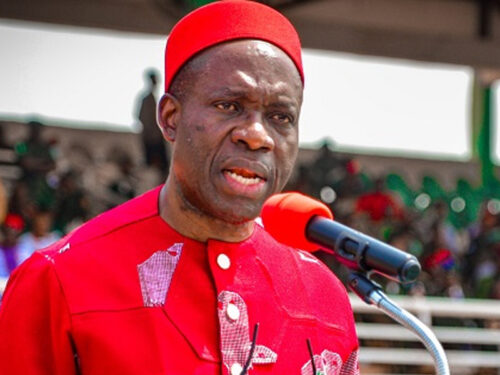BIG STORY
INSECURITY: Gunmen Kidnap Kaduna Female Judge, Four Sons, Kill 14-Yr-Old Son

- /home/porsch10/public_html/wp-content/plugins/mvp-social-buttons/mvp-social-buttons.php on line 27
https://porscheclassy.com/wp-content/uploads/2024/06/resize1718708014317.jpg&description=INSECURITY: Gunmen Kidnap Kaduna Female Judge, Four Sons, Kill 14-Yr-Old Son', 'pinterestShare', 'width=750,height=350'); return false;" title="Pin This Post">
- Share
- Tweet /home/porsch10/public_html/wp-content/plugins/mvp-social-buttons/mvp-social-buttons.php on line 69
https://porscheclassy.com/wp-content/uploads/2024/06/resize1718708014317.jpg&description=INSECURITY: Gunmen Kidnap Kaduna Female Judge, Four Sons, Kill 14-Yr-Old Son', 'pinterestShare', 'width=750,height=350'); return false;" title="Pin This Post">
BIG STORY
JUST IN: Defence Headquarters Finally Confirms Coup Attempt Against Tinubu, Indicted Officers To Face Military Trial
BIG STORY
No Party Or Person Can Defeat President Tinubu In 2027, Atiku’s Son Declares
BIG STORY
BREAKING: Soludo Closes Onitsha Market For One Week Over Sit-At-Home Defiance
-

 BIG STORY12 hours ago
BIG STORY12 hours agoJUST IN: Defence Headquarters Finally Confirms Coup Attempt Against Tinubu, Indicted Officers To Face Military Trial
-

 BIG STORY5 days ago
BIG STORY5 days agoPressure Mounts on Omooba Abimbola Onabanjo To Step Down But He Refuses As Political Plot To Capture Awujale Stool Falters
-

 BIG STORY5 days ago
BIG STORY5 days agoFather Of Man Who Killed Mother, Six Children Wants Him Killed Without Trial
-
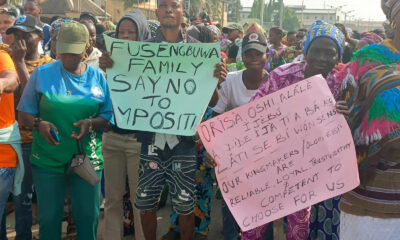
 BIG STORY4 days ago
BIG STORY4 days agoAwujale Stool: Protest Rocks Ijebu Ode Over Imposition Plot
-

 BIG STORY5 days ago
BIG STORY5 days agoICPC To Arraign Ozekhome Monday Over UK Property As Immigration Provides More Forgery Evidence
-

 BIG STORY13 hours ago
BIG STORY13 hours agoNo Party Or Person Can Defeat President Tinubu In 2027, Atiku’s Son Declares
-
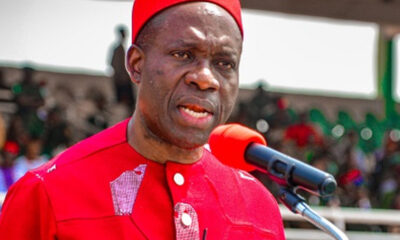
 BIG STORY17 hours ago
BIG STORY17 hours agoBREAKING: Soludo Closes Onitsha Market For One Week Over Sit-At-Home Defiance
-

 BIG STORY18 hours ago
BIG STORY18 hours agoJUST IN: NLC, FCTA Workers Protest At Industrial Court, Demand Wike’s Removal [PHOTOS]









